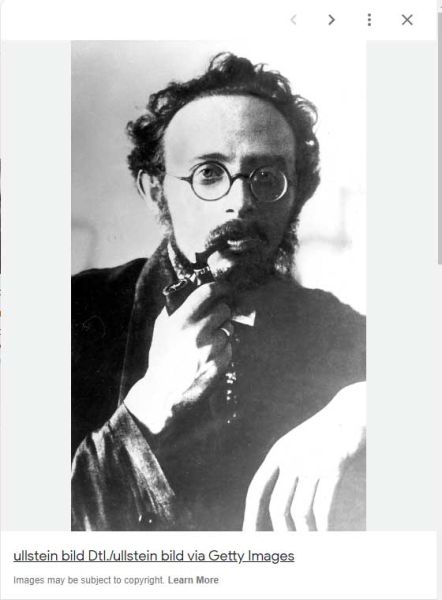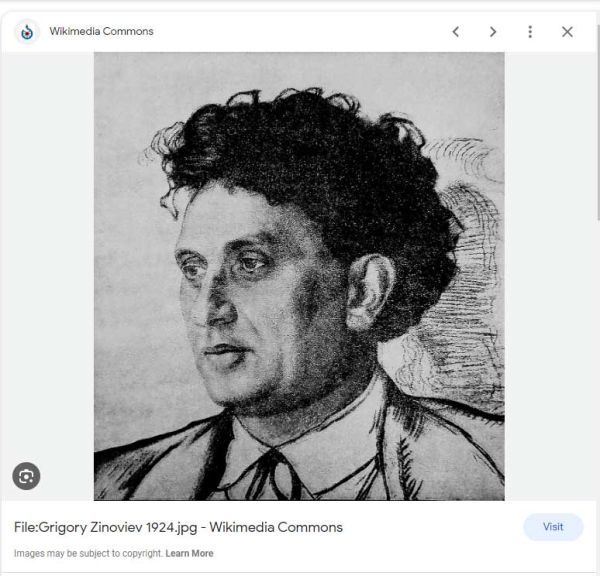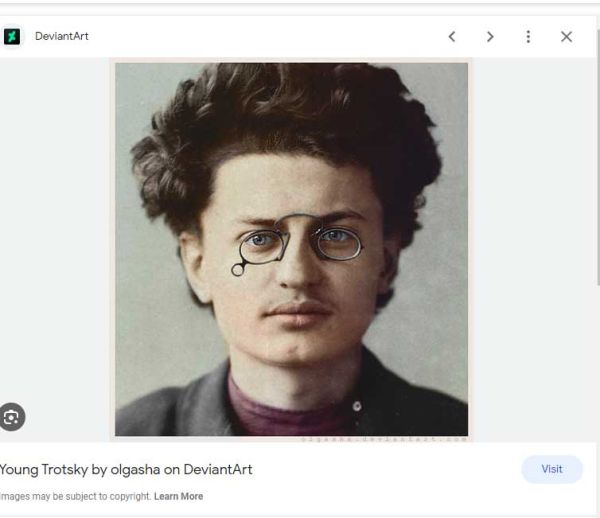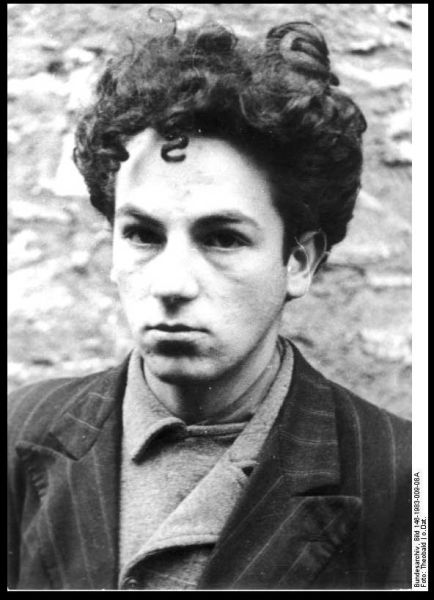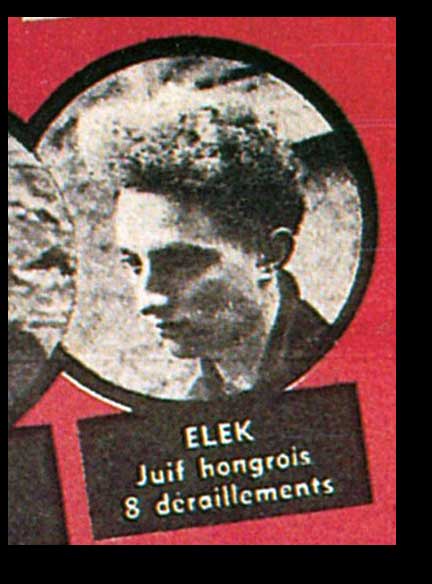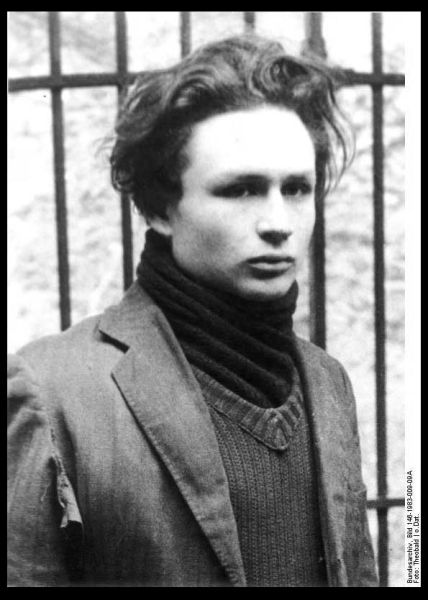Marxist Celebrities
Marxist Celebrities
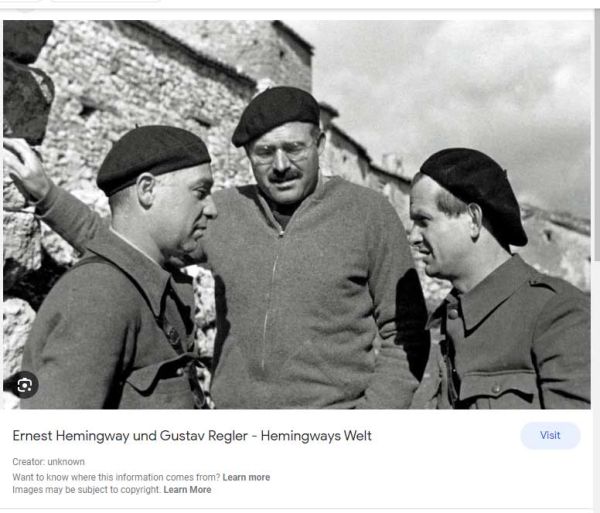
Three celebrity Communists stand for a photo during the Spanish Civil War: (left to right)
Russian writer Elya Ehrenburg, American writer Ernest Hemingway, and German writer
Gustav Regler.
I have always voted Republican and have no use for Marxism, Soviet Socialism, or anything of that ilk. In a free-society, you can work as hard as you want and reap all the financial rewards, as long as you do it legally. With your earnings, you can also do anything you want, such as starting your own business. You can employ other people. You can look for outside capital and incorporate. It happens everyday in a free society; so wealth happens.
Collectivization, on the other hand, produces nothing but misery and wastage. The confiscation of private enterprises in Soviet-controlled countries undermined the consumer economy and produced inferior merchandise in every sector. The citizens of those countries used every trick in the book to flee to the West. They often risked their own lives in the process.
On the other hand, you can't deny the hubristic appeal of Marxism in denying human nature, or else in corralling people and telling them that them that they can have a better life without any capitalist wealth and power. Marxism appeals to something weirdly romantic in people, and that has always interested me.
For confirmation of this truth, look at the first-generation leaders of the Soviet Union. The Soviet leader Vladimir Lenin gathered around him a group known to history as the "Bolsheviks." As they sat for studio photographers, they must have fussed a lot over their appearance. Viewing the photos years later, I am impressed by these photogenic Jewish intellectuals, who could slip easily into the role of professor at a high-end university in New York or Boston.
Like many Jewish actors in Hollywood in the early 20th-century, they mostly changed their names. Note the pompadoured hair and academic poses. Radek looks like a philosophy professor; Zinoviev could be an orchestral conductor; Trotsky would teach political science. In reality, they conducted a brutal, no-holds-barred form of revolution. It corrupted them and eventually destroyed them:
1. Karel Bernhardovich Sobelsohn became Karl Radek;
2. Ovsei-Gershon Aranovich Radomyslsky became Grigory Zinoviev;
3. Lev Davidovich Bronstein became Leon Trotsky;
During World War II, young Communists in France fought fierce guerilla actions against the Nazi occupiers and carried out sensational assassinations. Although the young Communists grew up in France, they were mostly sons of Jewish immigrants from Poland and Hungary. Eventually, agents of the Gestapo (Nazi Secret Police) tracked them down, and they paid with their lives.
As the young Communists faced the firing squad, a Gestapo photographer snapped pictures of them for a propaganda poster. One cannot help but feel sorrow for young lives snuffed out—misspent in a war, fighting for their survival—once again, looking photogenic as hell, with pompadoured hair and scowling faces. I thought they looked like modern-day rock-musicians.
1. Wolf Wajsbrot, 18 years old.
2. Thomas Elek, 19 years old.
3. Marcel Rayman, 20 years old.
As I did with the Bolsheviks, I regret most the squandoring of talented young people. They had to surrender their civilian talents in order to fight in a war. Regardless of what the Democrats think of the Republicans, or visa versa, the exploitation of talent happens best in a civilian, freedom-loving society. It beats a nation at war, any day, and that should make us always find solutions to conflict in peaceful ways.

